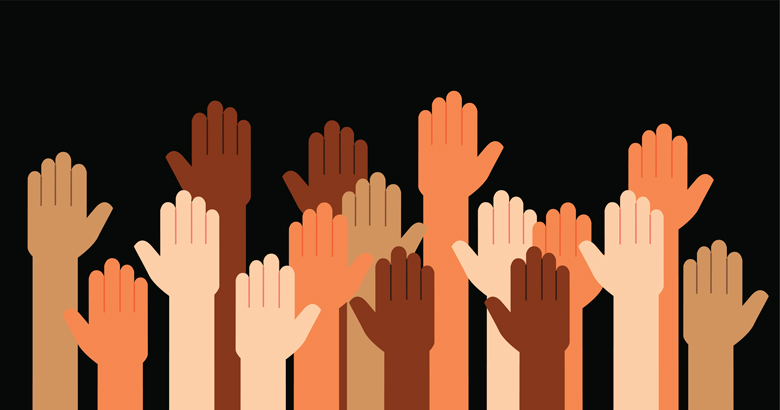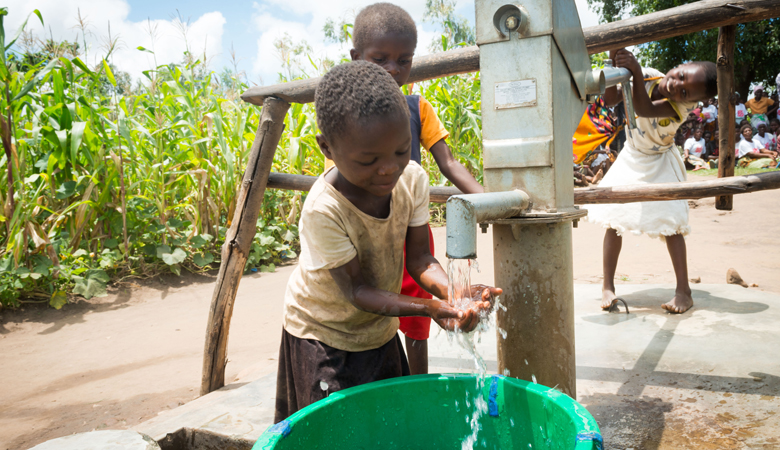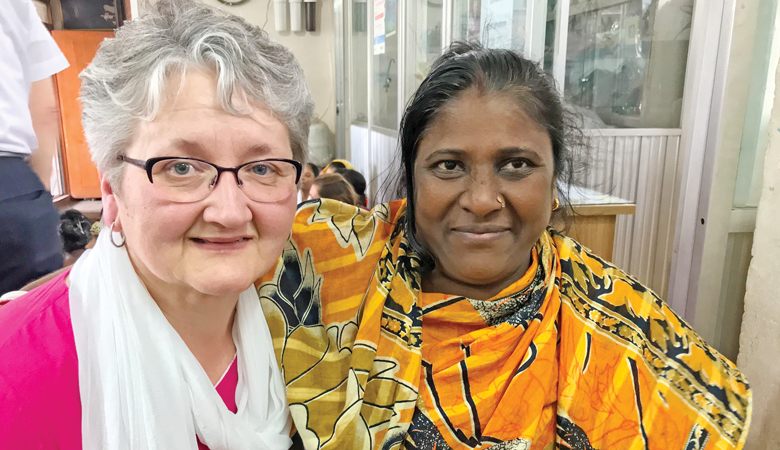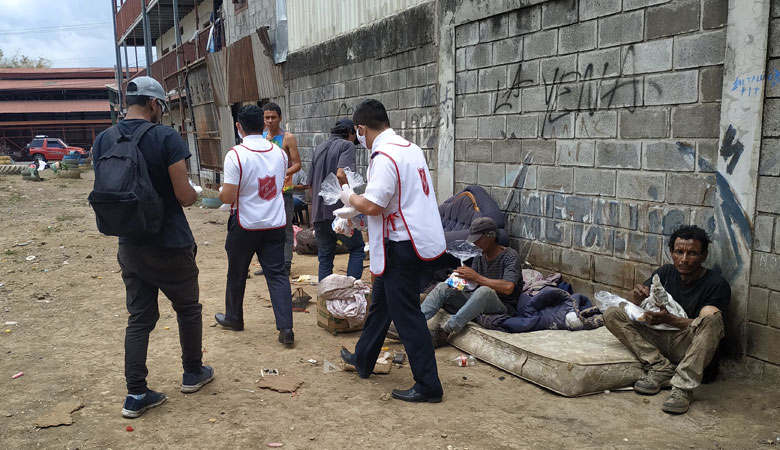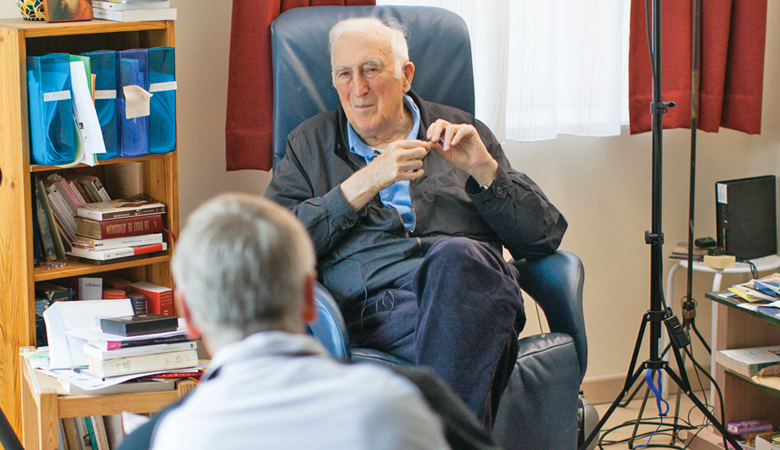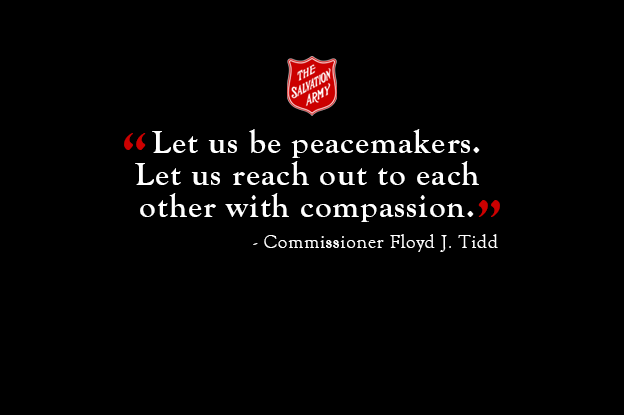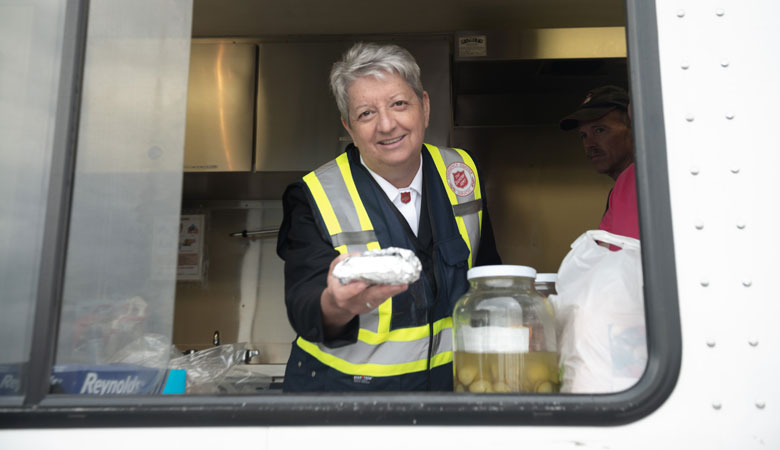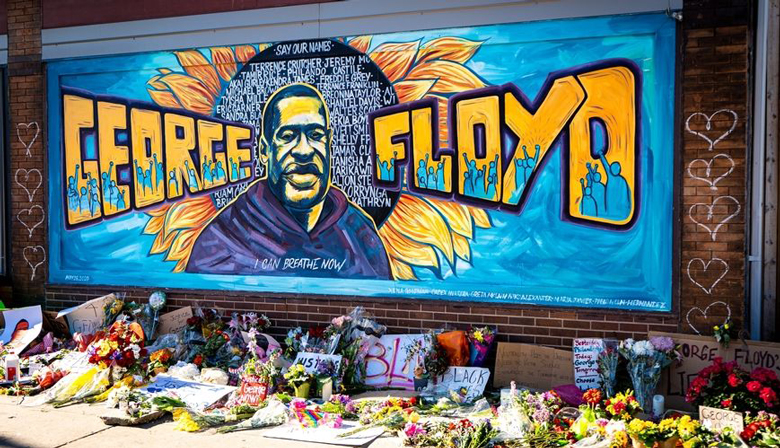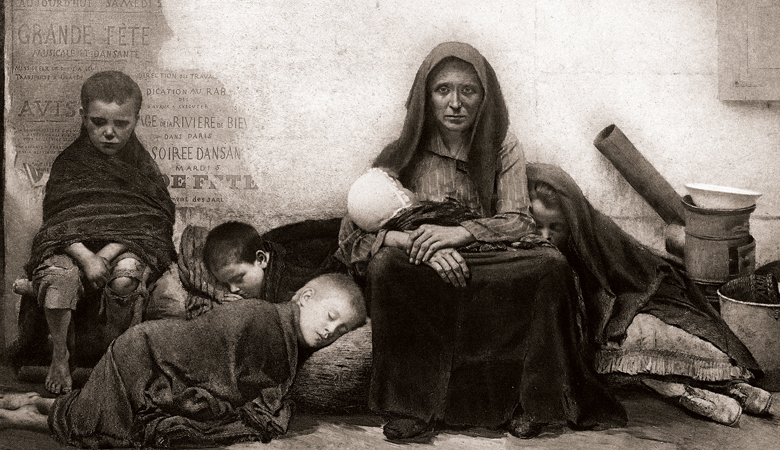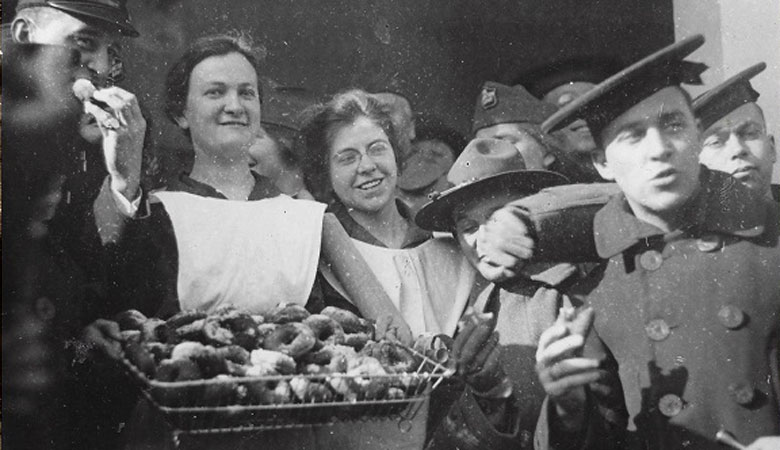How can caring people respond to racism? The first step toward fighting racism is acknowledging that white people and people of colour do not experience the world in the same way.
June 5 is World Environment Day, set aside by the United Nations to bring people, communities, governments and organizations around the world together to take action on critical environmental challenges facing the planet.
Making a Difference
Meeting the artisans of The Salvation Army’s Others—Trade for Hope in Bangladesh.
by Major Shirley King
As a Salvation Army social enterprise, Others—Trade for Hope creates fairly compensated employment for people who would otherwise have limited opportunities.
The Salvation Army’s COVID-19 Response Extends to 120 Countries
International Army provides a broad range of services unique to local needs.
With 6.3 million coronavirus cases confirmed by the World Health Organization, the pandemic remains a global crisis. In total, The Salvation army's response now extends to 120 countries worldwide.
Dr. James Read, director of The Salvation Army Ethics Centre in Winnipeg, and Dr. Aimee Patterson, a Christian ethics consultant at the Ethics Centre, reflect on recent, troubling news about Jean Vanier, the founder of L’Arche.
Salvation Army Responds to Tragic Death of George Floyd
Territorial commander calls for justice, repentance and dialogue.
May the ultimate legacy of George Floyd be one of positive change and the eradication of racism and hate.
Salvation Army officer Lieutenant-Colonel Sandra Rice describes her "inescapable calling" to be a corps officer.
We at The Salvation Army are deeply heartbroken about the death of George Floyd.
What we learn from the Bible is that the quality of a society is not to be judged by its wealth, power or affluence, but rather by the way it treats (or mistreats) those who have the least—the least influence, the fewest resources, the lowest standing in the courts.
The first Friday in June is National Doughnut Day, a day to honour The Salvation Army's "Doughnut Lassies" who boosted the morale of soldiers during the First World War.




